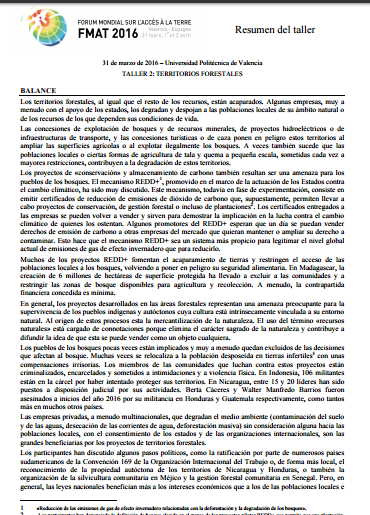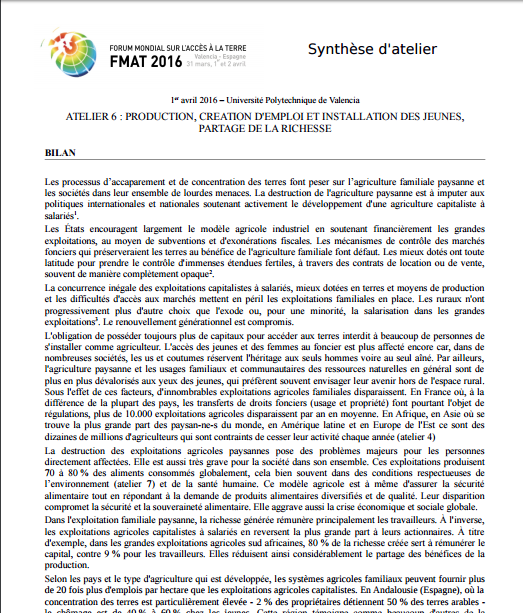Green Grabbing: a new appropriation of nature?
Across the world, ‘green grabbing’ – the appropriation of land and resources for environmental ends – is an emerging process of deep and growing significance. The vigorous debate on ‘land grabbing’ already highlights instances where ‘green’ credentials are called upon to justify appropriations of land for food or fuel – as where large tracts of land are acquired not just for ‘more efficient farming’ or ‘food security’, but also to ‘alleviate pressure on forests’.




